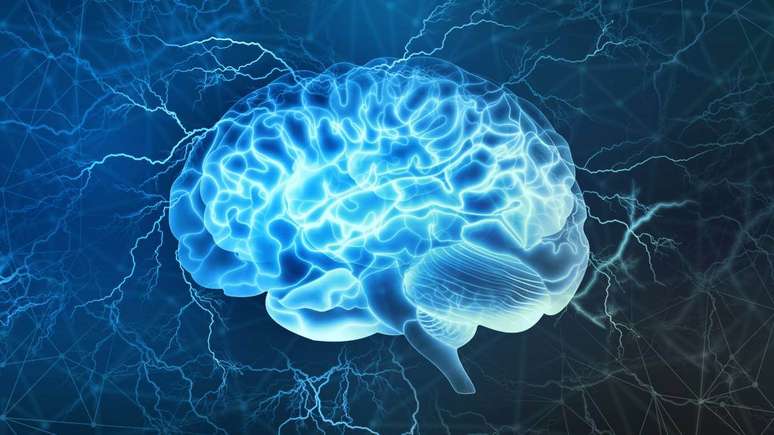Is forgetfulness more common in your routine? Meet some memory foods that contribute to brain health
As an old proverb says: “when the head doesn’t think, the body suffers”. And, in times of routine multitasking, forgetting important things has become more common and recurring than we would like. Therefore, certain nutrients can make a difference in your memory by contributing to the functioning of the brain. Find out which foods are good for the brain:
1 – Salmon or tuna: Boosting your diet with these two fish can do you a lot of good. Omega-3s, present in good quantities in this duo, help reduce the time needed to memorize information.
“Omega-3s, found in fish such as salmon and tuna, as well as nuts, help in the communication between neurotransmitters, strengthening memory and concentration,” explains Dr. Gabriel Novaes de Rezende Batistella, neurologist and neuro-oncologist, member of the Society for Neuro-Oncology Latin America (SNOLA).
2- Beetroot: in a recent study, people over the age of 70 drank beetroot juice and underwent an MRI scan. Researchers found that the drink improved blood flow to the brain. The secret: nitrates, compounds present in the root that improve blood circulation.
3- Green foods: broccoli, spinach, watercress, endive… They are all sources of vitamin K and folic acid, essential for brain health. Vitamin K improves memory associated with facts, while folic acid works in combination with vitamin B12 to optimize cognitive function in older people.
Good brain foods are not enough
In addition to foods that are good for the brain, excessive physical activity can end up having the opposite effect and impairing memory. A study by the University of Toronto in Canada involving 90 women aged between 50 and 63, all of whom were menopausal, indicated that more engaged in strenuous activities – such as competitive swimming, running, aerobics, basketball and uphill cycling – worse was his score on eight tests of cognitive function, mainly in memory and attention. On the other hand, moderate exercise, such as walking, would have a protective effect.
“People often think that less is good, more is better. But that’s not the case,” explains researcher Mary C. Tierney.
“One
html[data-range=”xlarge”] figure image img.img-8c0e3d8c0d2a4b1c498f6b6b1166adcdvlpqhtyg { width: 774px; height: 435px; }HTML[data-range=”large”] figure image img.img-8c0e3d8c0d2a4b1c498f6b6b1166adcdvlpqhtyg { width: 548px; height: 308px; }HTML[data-range=”small”] figure figure img.img-8c0e3d8c0d2a4b1c498f6b6b1166adcdvlpqhtyg, html[data-range=”medium”] figure image img.img-8c0e3d8c0d2a4b1c498f6b6b1166adcdvlpqhtyg { width: 564px; height: 317px; }
, regular aerobic exercise and adequate sleep are essential to keep the brain healthy. But work involvement and life satisfaction are two additional factors that benefit the mind,” concludes Dr. Batistella.
Source: Terra
Ben Stock is a lifestyle journalist and author at Gossipify. He writes about topics such as health, wellness, travel, food and home decor. He provides practical advice and inspiration to improve well-being, keeps readers up to date with latest lifestyle news and trends, known for his engaging writing style, in-depth analysis and unique perspectives.




![Un Si Grand Soleil preview: Thursday 16 October 2025 episode recap [SPOILERS] Un Si Grand Soleil preview: Thursday 16 October 2025 episode recap [SPOILERS]](https://fr.web.img6.acsta.net/img/23/e8/23e803cee5b560481303033f6e86fd7e.jpg)



